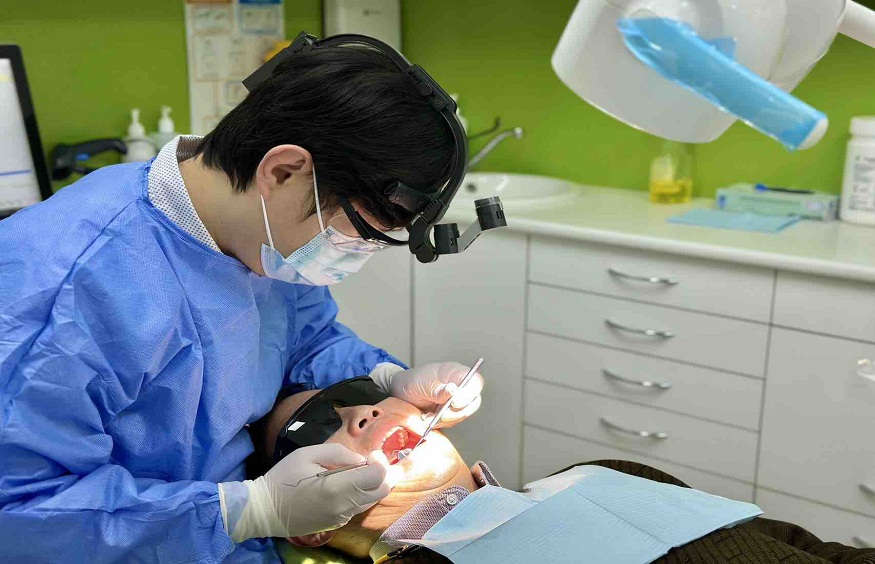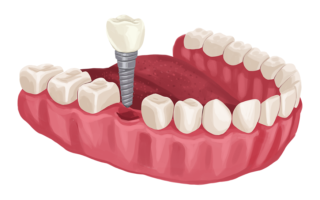Tooth extraction may seem daunting, but sometimes it’s the best way to maintain overall oral health. Dentists often recommend extractions to address problems that may worsen without treatment. Here, we’ve discussedthe most common reasons when extraction might be necessary and what steps you can take to protect your teeth.
1. Severe Tooth Decay or Infection
When tooth decay reaches deep into the tooth structure, it can compromise both the tooth and surrounding tissues. If left untreated, decay may extend to the root, causing an infection that’s painful and potentially damaging to the jawbone. In such cases, removing the affected tooth helps to stop the spread of infection. Seeking timely care from an Epping dentist can help you determine whether extraction is the best option for extensive decay.
2. Overcrowding or Alignment Issues
In some cases, removing a tooth can support better dental alignment. Overcrowded teeth can interfere with proper brushing and flossing, increasing the risk of decay and gum disease. Tooth extraction is often recommended before orthodontic treatment to create sufficient space for realignment. An experienced team of dentists in Epping can assess whether an extraction might be needed to improve alignment and support long-term oral health.
3. Impacted Wisdom Teeth
Wisdom teeth are known for causing complications. When these third molars don’t have enough room to emerge properly, they may become impacted, causing pain, swelling, and even infection. Impacted wisdom teeth can push against other teeth, disrupting alignment and potentially leading to more complex dental issues. Many people visit their dental clinic in Epping for wisdom tooth extractions to avoid ongoing discomfort and prevent further complications.
4. Advanced Gum Disease
Periodontal (gum) disease, when left untreated, can weaken the tissues and bone supporting the teeth. In advanced stages, this can result in tooth instability. Extracting severely affected teeth may be necessary to prevent the disease from spreading further, and it can be an important step in restoring oral health. Managing gum disease early with regular dental check-ups can reduce the likelihood of needing extractions.
5. Tooth Damage from Injury or Trauma
Injuries from accidents or sports can sometimes result in severe tooth damage. When a tooth is cracked or fractured beyond repair, it may require extraction. Removing the damaged tooth helps to prevent further complications and opens the door for possible tooth replacement options, such as implants or bridges. Those experiencing dental trauma can search for a dentist near me to quickly address any severe damage and determine the best course of action.
Preserving Oral Health with Preventative Care
While extraction is sometimes necessary, regular dental visits, proper hygiene, and early intervention can often prevent it. Practising good oral care habits and consulting with your dentist regularly will reduce the chances of needing extraction. If you’re experiencing pain or noticing signs of decay or infection, don’t hesitate to schedule an appointment with your local dental clinic.
In summary, tooth extraction may be recommended for various reasons, including decay, overcrowding, impaction, gum disease, or trauma. By consulting with a qualified dentist, you’ll receive the best guidance on maintaining a healthy smile.




